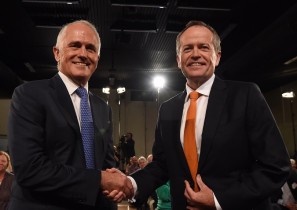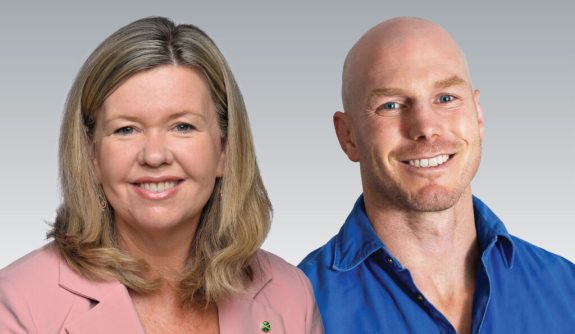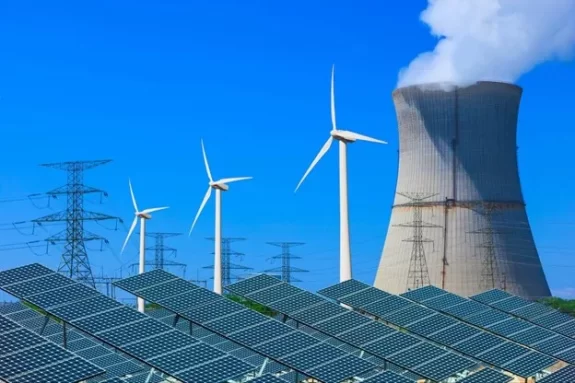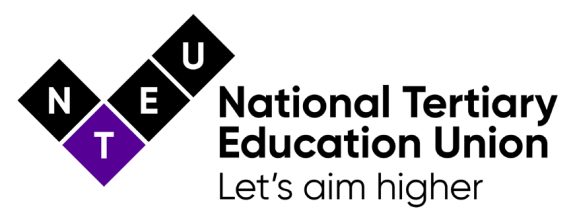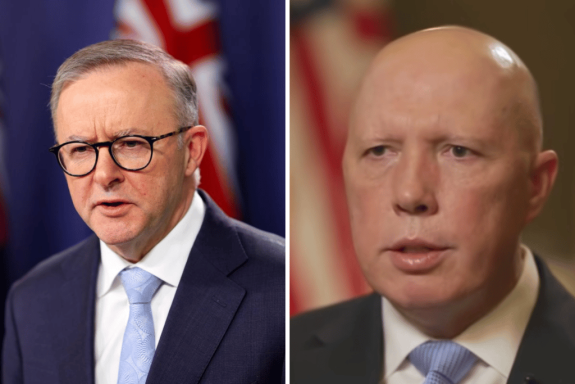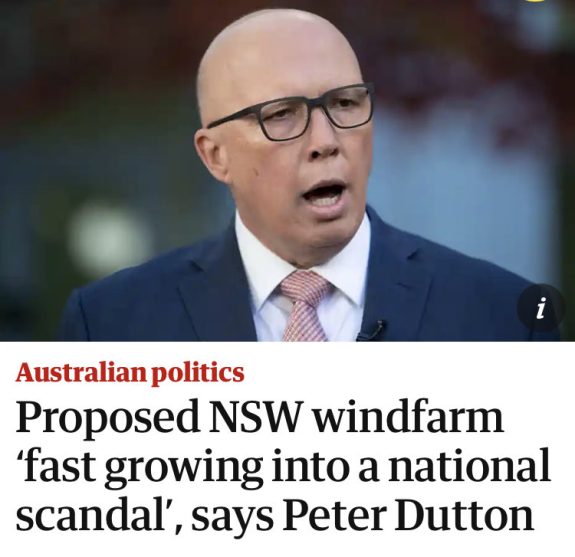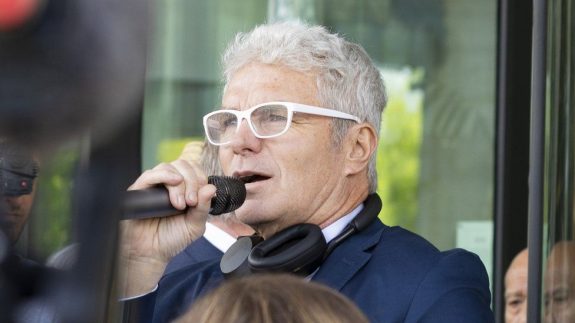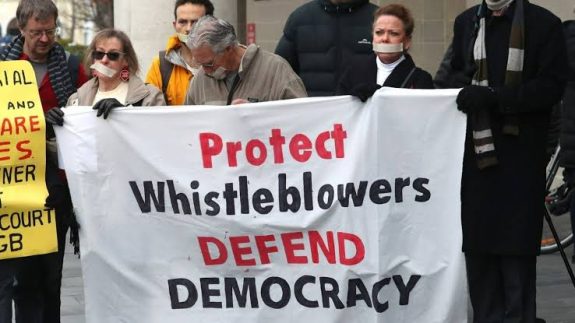Day to Day Politics: Who will win the next election?
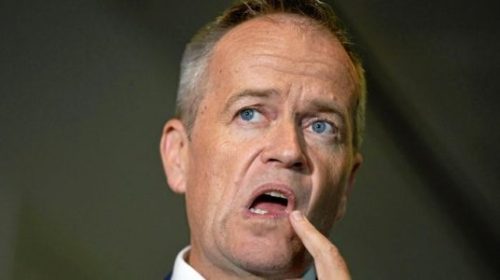
It’s only as we come closer to a pending election that polls take on meaning. Otherwise, they are just a guide to how people are thinking at the time. Yesterday I received a comment on my Monday post that said:
“It’s always troubling when consistently people will vote against their own interests! No wonder Mal has never been happier. The Murdoch propaganda machine is working better than truth!” – Justin Van Kampen
The first sentence, in particular, remained with me for the residue of what was left of the day. Its true, I thought to myself, pensioners will vote for conservatives in the blind assumption that they are the masters of money and will look after them. The truth, however, is that only Labor has ever done anything for them.
For many of us who critique the performance of government, it is beyond our comprehension as to how people would continue to vote for a party which has been so demonstrably poor, continue to vote for them, even when they institute policies that work against them.
So what is it that brings about this allegiance to a particular party. In the first instance, the best place to look is within oneself. For myself, it is a deeply ingrained sense of social justice or a fierce desire for equality – for helping those who cannot help themselves – that government is there to guide society and see that there is an equitable distribution of the country’s wealth.
In all that, or what influences it mostly, is a poor upbringing, deprived of formal education but an awareness of the possibilities of just what life offered. And I suppose a mind that was ripe for it.
As for my opposites, I really cannot say other than I have to think that for the same philosophical reasons they are the reverse of me. In our allegiance, reasoning by family influence also has its place. Just what percentage vote a certain way because Mum and Dad did is unknown but it must be substantial.
Why is it that, as Justin Van Kampen asks, do “people consistently vote against their own interests!” Again we have to explore ourselves and ask questions. For example could I, if the party I supported were as incompetent as the current Coalition government, vote for another party.
My allegiance to Labor is so ideologically attached that I couldn’t imagine doing so and I think for the same reason it’s why we see conservatives ready to support the Coalition regardless. That they would do so is beyond us, but in reality, we are the same, although as a rule, Labor is not out to hurt those who support it whereas Coalition policies do hurt country people and the elderly who vote for them.
If this is so, it raises yet another question. Are the Australian people so dumb as to reward an obvious extreme right-wing government with a hypocrite as its leader with another term in office after wasting almost 6 years of the country’s potential?
They would have to hate Bill Shorten a lot to do that or believe that Turnbull with another term under his belt would have enough courage to lead.
I have always found that people on the extreme right of politics have no problem explaining their hatred of the left. Sometimes with a raised voice of vile disgust and sometimes, but not often, with a logic that surprises. But when it comes to explaining what conservatism stands for they can barely raise their voice.
In America, people can and do swap parties but in Australia, we seem to be attached like glue, either left or right, with a growing percentage of swinging voters and it is these folk who win or lose elections. Of course the dissatisfied Conservative can always adhere themselves to Pauline Hanson or the upset Laborite can cross to the Greens.
There is no doubt that with the demise of institutional politics that more and more people are turning away from the major parties.
Having said that, recent results around the world would indicate a shift to the left and if you were to put away the Newspoll results in Australia that would seem to be the case.
When discussing polling in Australia it has to be remembered that any movement of a point of two means that hundreds of thousands of people changed their minds from the last poll and one has to ask whether that is reasonable or just within the margin of error.
What do we make of those 10 or 20% in the middle who we think decide the winner? Are they self-indulgent who vote for their own best interest or are they thinkers that have the country’s best interests at heart.
I think the latter and I think they will vote Labor. There are three factors in play here. Firstly more young people will come onto the roll this time around and this will be complemented by the rush of young folk who enrolled for the marriage equality survey. A substantial amount I believe.
Secondly, the AEC intends resetting some boundaries which will see the Coalition starting from behind. Winning this election will be tough enough for them without a handicap.
Thirdly Labor will have a truckload of dollars to throw at them in addition to their woeful governance.
As far as Justin’s comment that goes:
“No wonder Mal has never been happier. The Murdoch propaganda machine is working better than truth!”
The fact is when you measure the cross-platform influence of media his domination has been greatly diminished. Recent research by Andrew Catsaras has crunched the data and ranked the “influence index” of Australia’s major newspapers and their online duplicates.
It tells us that The Sydney Morning Herald (SMH) has the highest cross-platform audience at 3,521,000 over a seven-day period, and also the highest percentage of readers who have “a lot of trust” in what they read in that publication.
It is followed by The Age on 20.5, The Australian 12, Herald Sun 9, Courier Mail 9 and The Daily Telegraph 6. Therefore we can conclude that his influence is in decline.
Trying to predict who will win the next election is but an opinion. Some opinions are better than others. Mine is based on 60 years of following politics reading and writing about it every day and by no small measure of analysing. By putting down my bias and concluding in opinion who might win.
Based on all the available measures before me, in my opinion, Labor will win by 15 to 20 seats.
My thought for the day
In my opinion, we would be a much better society if we took the risk of thinking for ourselves unhindered by the unadulterated crap served up by the media and self-interest groups.
Like what we do at The AIMN?
You’ll like it even more knowing that your donation will help us to keep up the good fight.
Chuck in a few bucks and see just how far it goes!
Your contribution to help with the running costs of this site will be gratefully accepted.
You can donate through PayPal or credit card via the button below, or donate via bank transfer: BSB: 062500; A/c no: 10495969










